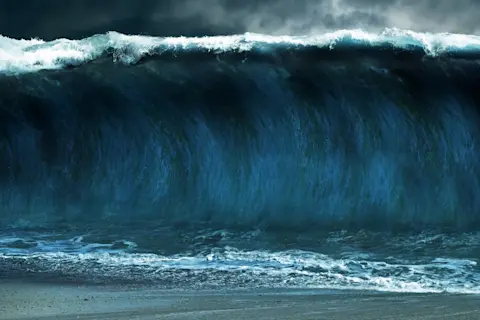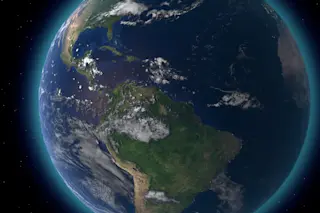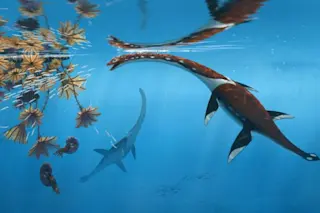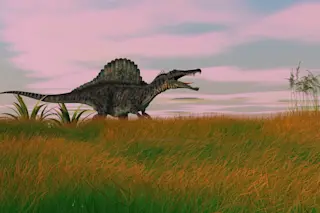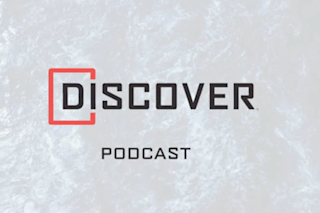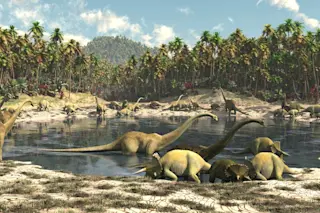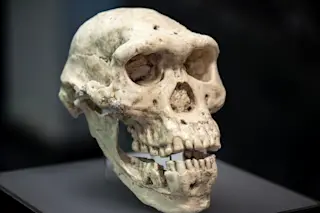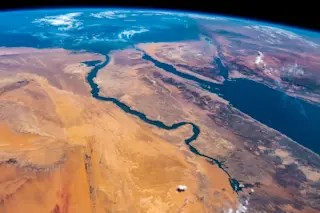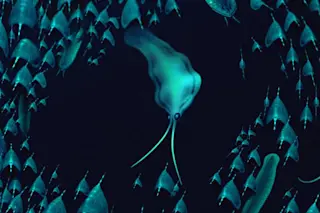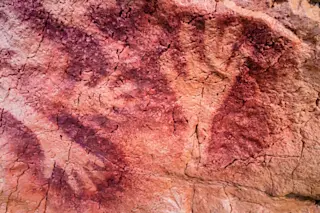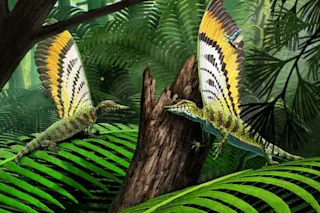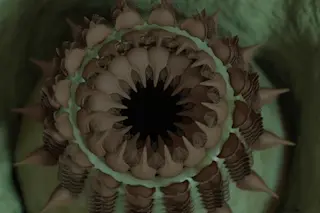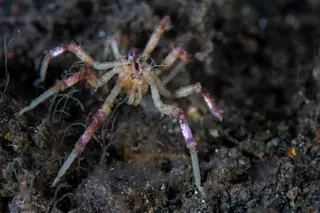It’s difficult to pin the destruction of a tsunami to a tsunami — that is, unless someone was around to witness the devastation. But a new study shows that there are some surprising geological sources that scientists can consult as an archive of ancient tsunami occurrences, many millions of years after they occur.
Turning to Hokkaido Island in Japan, the Scientific Reports study suggests that deposits of amber in deep-sea sediments on the island may reveal tsunamis that occurred there between 116 and 114 million years ago. At that time, the study authors say, one or more tsunamis may have swept this fossilized tree resin — then still soft — from the island’s forests to the ocean floor, where it settled and solidified, preserving its particular method of deposition within its structure.
“We describe extraordinarily rich amber concentrations in Early Cretaceous deep-sea deposits,” the study authors write in their study. ...

